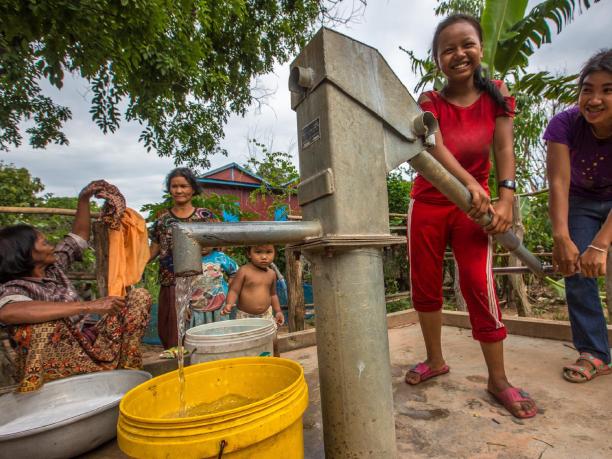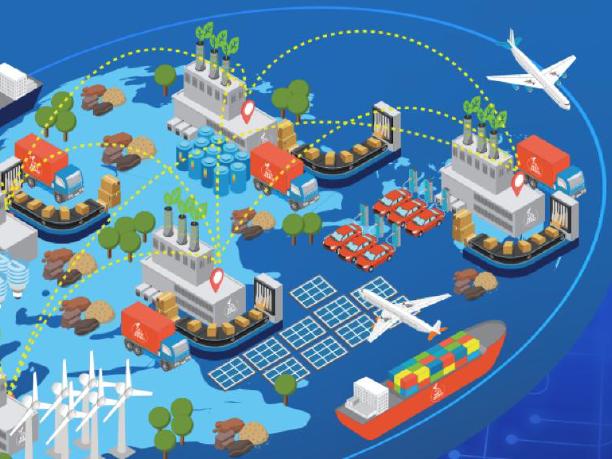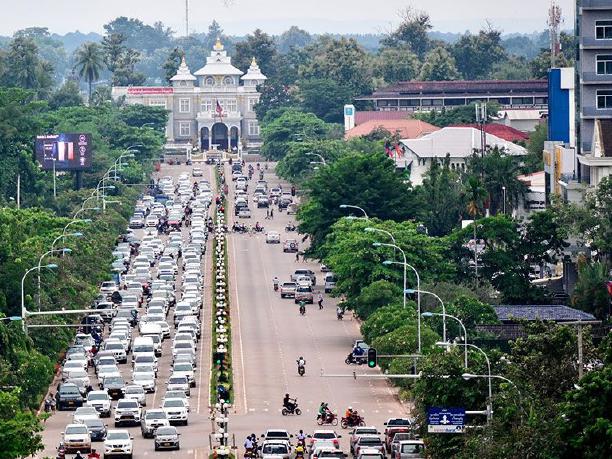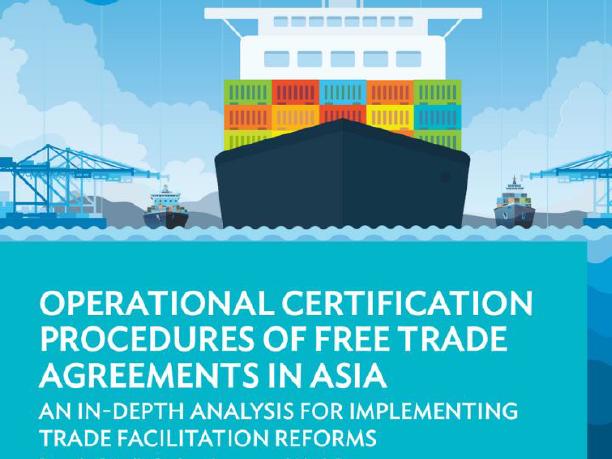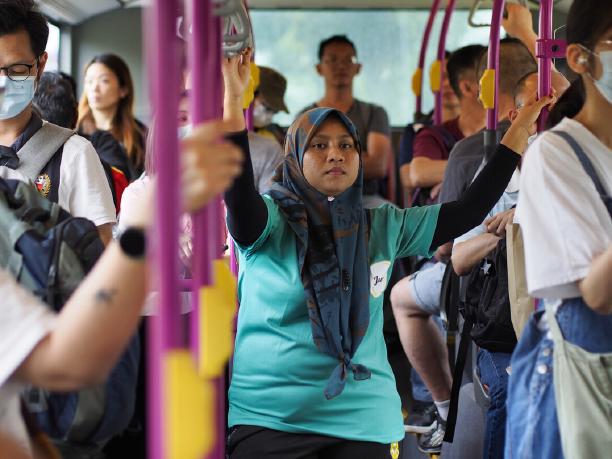The European Union (EU) is a political and economic union of 27 member states in Europe. It was established to foster economic cooperation and seeks to drive sustainable development, peace, and economic integration. In June 2024, the European Council set out its priorities in the 2024–2029 EU strategic agenda.
EU priority areas include human development, social inclusion, gender equality, climate change, environmental protection, and migration-related actions. The EU works with ADB to promote green infrastructure, climate action, human rights and good governance, health, education, sustainable agriculture and food security, environment and clean energy, food and agriculture, and cross-border cooperation in human and animal health.
The European Commission, the executive arm of the EU, requires partner organizations to pass institutional compliance assessments, called Pillar Assessment, before using indirect management cooperation with them. The Pillar Assessment comprises up to nine pillars. ADB has gone through the assessment applicable to multilateral development banks (Pillars 4, 7, 8, and 9), and the results received were all positive.
In November 2023, ADB and the European Training Foundation (ETF) signed a memorandum of understanding (MOU). The MOU establishes a cooperative framework enabling both institutions to advance human capital development through education, training, and social inclusion initiatives. The agreement, which promotes the sharing of technical and knowledge expertise, aims to assist developing member countries in Central and West Asia in strengthening their human capital base with modernized skills frameworks and labor outcomes. The ETF is an EU agency that helps neighboring countries reform their education and training systems as part of EU external relations policies.


